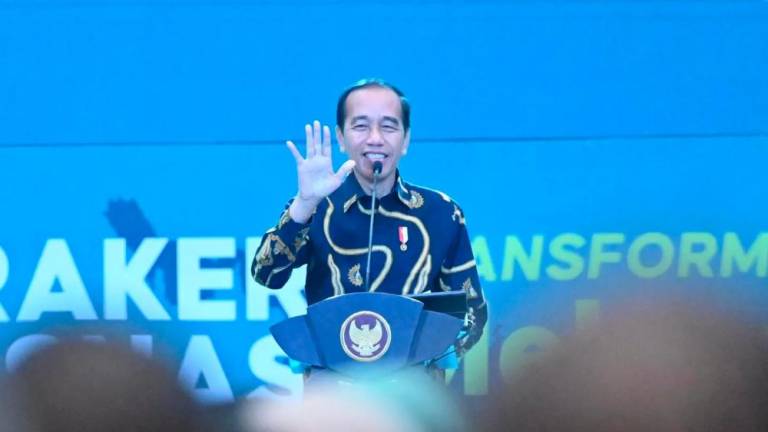TOKYO: Japan's economy grew at a slower pace than initially estimated in the second quarter on the back of softer capital spending, signalling strains on the economy from weaker global growth and the U.S.-China trade war.
Weakness in the global economy and trade protectionism have emerged as risks to growth and increased pressure for the Bank of Japan (BOJ) to expand stimulus when it meets later this month.
The economy grew an annualised 1.3% in April-June, weaker than the preliminary reading for 1.8% annualised growth, Cabinet Office data showed Monday.
The reading was in line with the economists' median forecast for a 1.3% gain.
The annualised growth rate translates into quarter-on-quarter expansion of 0.3% from January-March, compared with a preliminary reading for a 0.4% gain.
Capital spending rose just 0.2% from the previous quarter, much lower than a preliminary 1.5% rise and the median forecast for a 0.7% increase.
Private consumption, which accounts for some 60% of gross domestic product, advanced 0.6% from the previous three months, matching the preliminary reading.
Net exports - or exports minus imports - subtracted 0.3 percentage point from revised GDP growth, while domestic demand added 0.6 percentage point.
The outlook for the world's third-largest economy remains clouded as risks from declining manufacturing overseas and at home hit exports hard.
Analysts have also warned of a possible drop in domestic consumption after Japan raises its sales tax to 10% as planned next month. That, in turn, threatens to leave the economy without a growth driver unless global demand rebounds.
BOJ Governor Haruhiko Kuroda has kept the door ajar for cutting interest rates further into negative territory, saying last week such move is among the bank's policy options.
Speculation is growing that the BOJ could ease policy as early as this month to prevent the yen from spiking, which could become increasingly likely if the U.S. Federal Reserve and the European Central Bank unveil new easing measures. - Reuters












